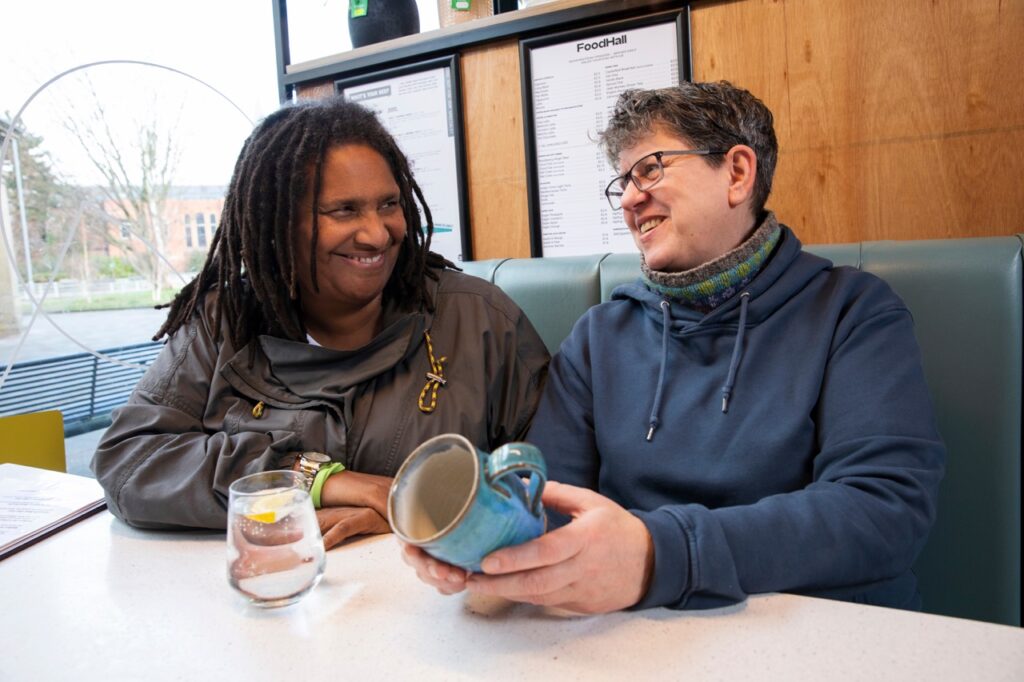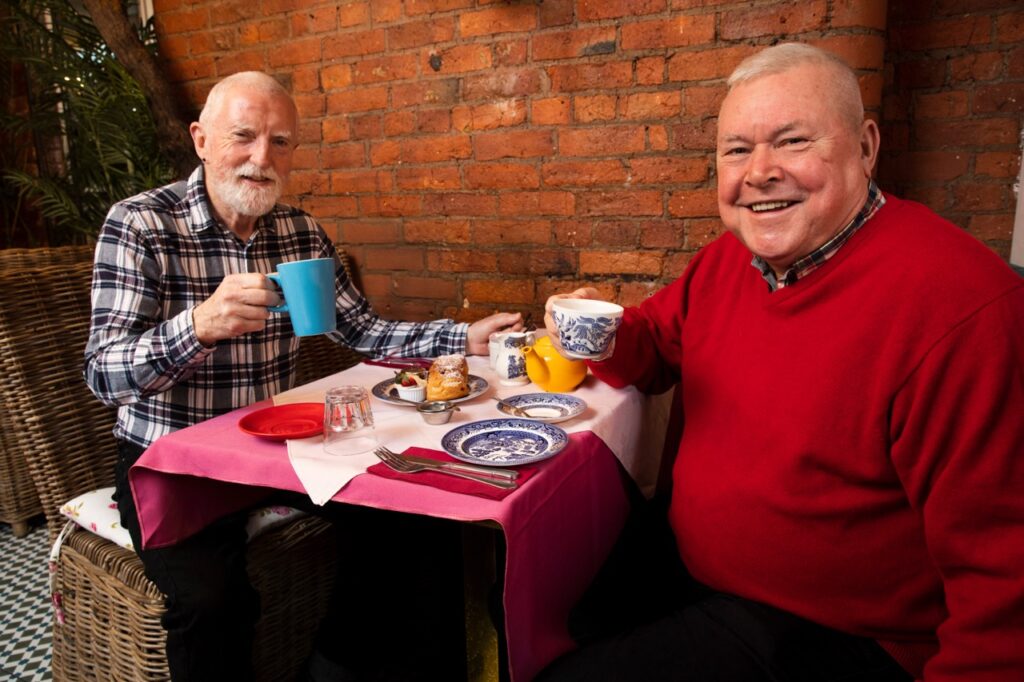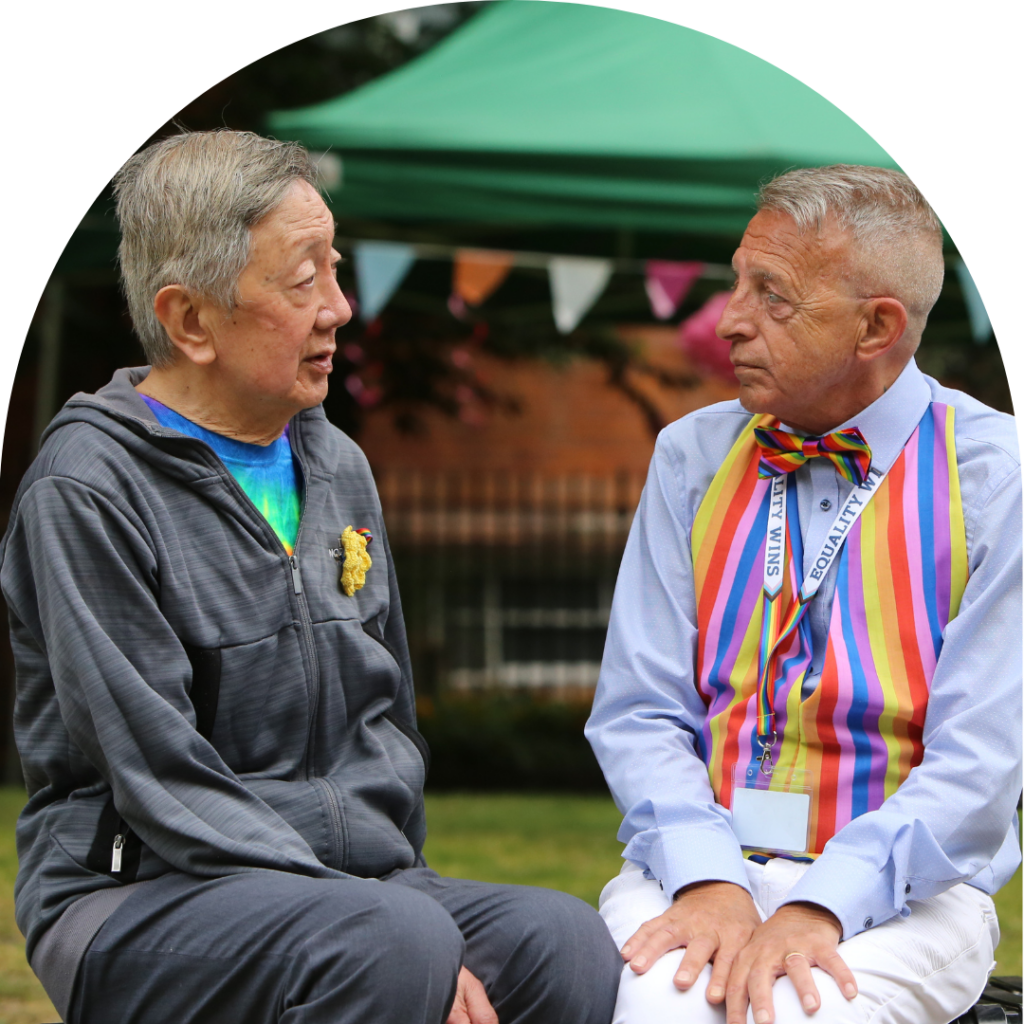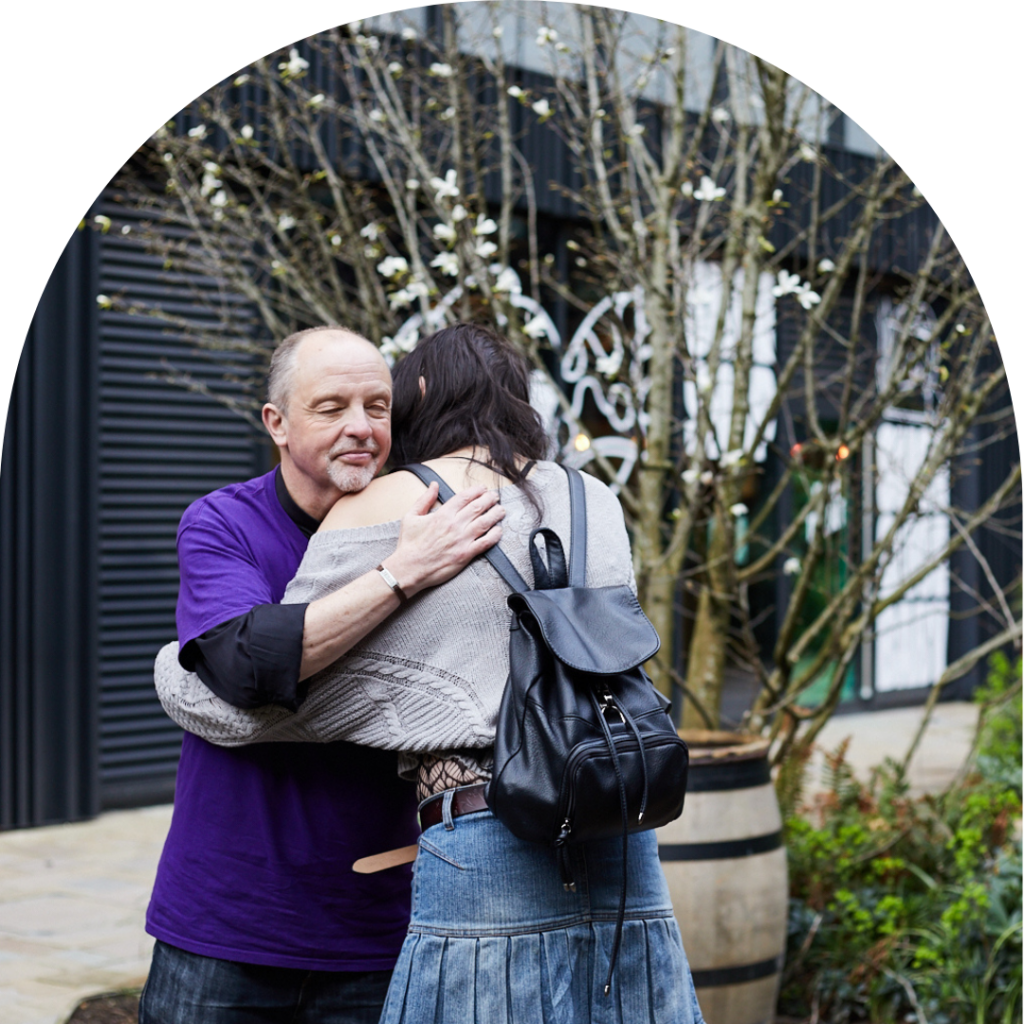
Navigating end of life care services can be daunting, however it is possible for LGBTQ+ communities to plan for a good death.

The Pride in Ageing programme at LGBT Foundation and St Ann’s Hospice recently collaborated on a scoping project around end of life care. Here are some of the things we learned about LGBTQ+ communities and planning around end of life.
You may be worried about:


You may be worried about:

Marie Curie have a really useful guide on the experiences of LGBT people within later life and end of life care.

LGBTQ+ queer funeral guide from the good grief trust providing insight into LGBTQ+ inclusive funerals.







